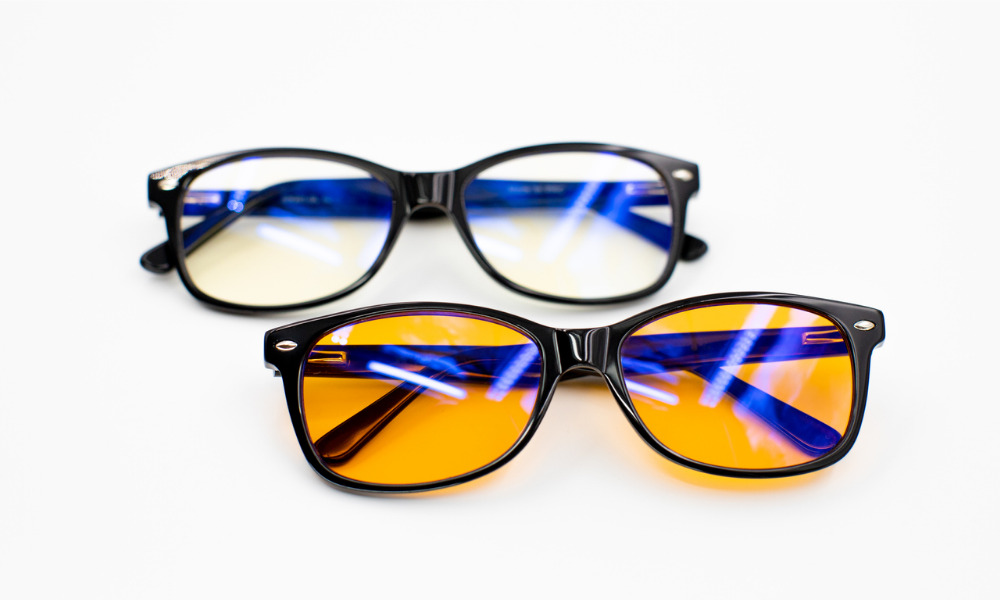‘Such a small expense for such a substantial return is likely to be an unusually fruitful investment’

For a relatively low price of US$69, employers could see gains in employee behaviour, engagement and task performance, according to an American professor.
Christopher Barnes, professor of management at the University of Washington’s Foster School of Business, did two studies looking at the benefits of blue light filtering glasses. These help to eliminate “much of the suppressing effect of light on melatonin production, allowing the evening increase in melatonin to occur and thereby enabling the process of falling asleep,” he says in the Harvard Business Review.
One study looked at 67 customer service representatives and the other 63 managers. The employees spent one week wearing the special glasses for two hours before bedtime each night for a week. The same employees also spent one week wearing “sham” glasses – which had the same frames, but the lenses did not filter out blue light –the same way.
Comparing the two weeks, participants wearing the blue filtering glasses reported sleeping more (five per cent longer for managers and six per cent longer for customer service representatives) and getting higher quality sleep (14 per cent and 11 per cent better, respectively).
Participants also reported higher work engagement (8.51 per cent for managers and 8.25 per cent higher for customer service representatives), more helping behaviour (17.29 per cent and 17.82 per cent, respectively) and fewer negative work behaviours (11.78 per cent and 11.76 per cent fewer, respectively).
Managers also said their performance was 7.11 per cent higher when wearing blue light filtering glasses and they also saw an increase of nine per cent in customer service ratings.
“In short, the blue light filtering glasses improved both sleep and work outcomes,” says Barnes. “What’s most impressive about these results is the implied return on investment. It’s difficult to quantify the value of an employee who is eight per cent more engaged, 17 per cent higher in helping behaviour, 12 per cent lower in negative work behaviour and eight per cent higher in task performance. However, given the expense of human capital, this is likely to be a substantial amount.”
One-third of Canadian workers are reporting they’ve run out of steam compared to one year ago, according to a Robert Half survey released this month.
And in September, the Office Group reported that 32 per cent of U.K. workers say that the lockdown has put them closer to burnout.
“Such a small expense for such a substantial return is likely to be an unusually fruitful investment,” says Barnes of the glasses.
“As sleep and circadian science continues to advance, there will likely be more avenues to apply sleep health interventions that result in beneficial work outcomes. Employees and organizations will eventually have a potent menu of options for enhancing employee sleep, to everyone’s benefit. But blue light filtering glasses are an appealing initial step because they are easy to implement, noninvasive, and — as our research shows — effective.”




